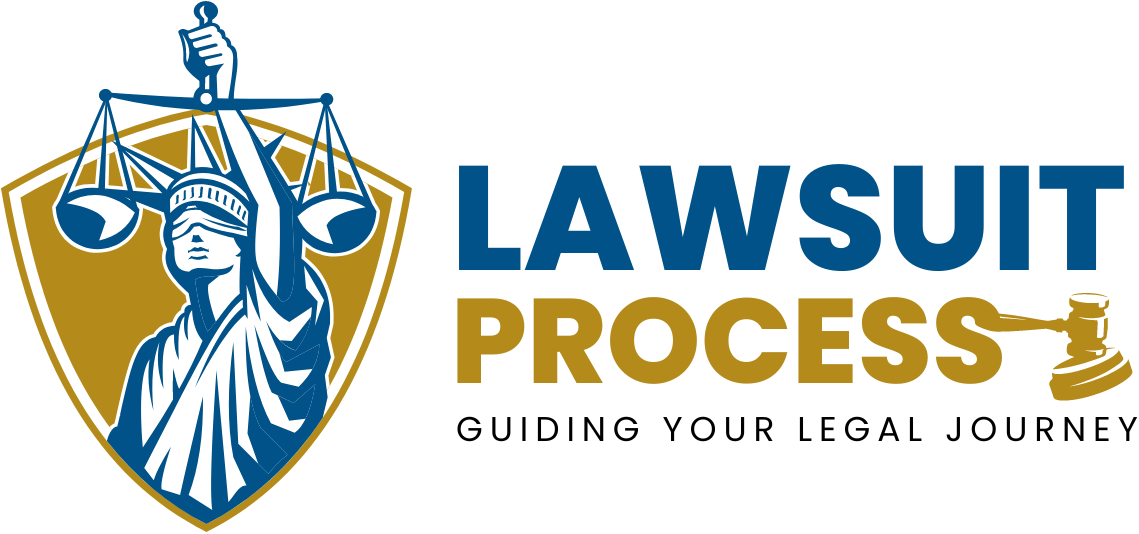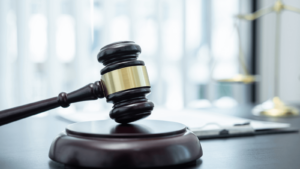Understanding the civil lawsuit timeline and process is crucial whether you’re pursuing a claim or defending yourself in court. Civil lawsuits often involve disputes between individuals, businesses, or organizations over legal responsibilities or damages. Although the process may seem overwhelming, breaking it down into clear steps with an approximate timeline can make it more manageable.
Here’s an in-depth look at the typical civil lawsuit timeline.
1. Pre-Lawsuit Stage: Assessing the Case (1–6 Months)
Before filing a lawsuit, both parties assess their positions. The plaintiff (the person filing the lawsuit) evaluates whether they have a valid claim. The potential defendant may begin considering potential defenses. This stage includes:
- Research and Evidence Collection: Gathering contracts, emails, medical records, or other documentation.
- Attempt at Resolution: Negotiation, mediation, or arbitration to resolve disputes and potentially avoid a lawsuit.
On average, this stage can take a few months, depending on the complexity of the case and willingness to negotiate.
2. Filing the Complaint (1–2 Weeks)
When informal resolution fails, the plaintiff files a complaint with the court. This formal document outlines the allegations, the legal basis for the claim, and the relief sought. The court assigns a case number and jurisdiction.
3. Serving the Complaint (2–4 Weeks)
The plaintiff serves the complaint and summons to the defendant, formally notifying them of the lawsuit. The timeline for service varies depending on jurisdiction and the ease of locating the defendant. The defendant typically has 20–30 days to respond after being served.
4. Defendant’s Response (3–6 Weeks)
After being served, the defendant files an answer or a motion to dismiss. This phase generally takes around one month, though extensions can be granted in some cases.
5. Discovery Phase (6–12 Months)
The discovery phase is often the longest part of the lawsuit timeline. Both sides exchange evidence, request documents, and depose witnesses to build their cases. Common activities during discovery include:
- Interrogatories: Written questions answered under oath.
- Depositions: Testimony from witnesses recorded out of court.
- Requests for Production: Sharing documents or electronic evidence.
Discovery timelines can vary significantly based on the complexity of the case and the court’s schedule.
6. Pre-Trial Motions (1–3 Months)
Once discovery concludes, both parties may file pre-trial motions to shape the trial. For example:
- Motion for Summary Judgment: Requesting the court to rule in favor of one party without a trial.
- Motion to Exclude Evidence: Challenging evidence admissibility.
This stage may take a few weeks to months, depending on the court’s docket and the number of motions filed.
7. Settlement Negotiations (Ongoing; Often 2–6 Months Before Trial)
Settlement discussions can happen at any stage, but they often intensify after discovery. Mandatory mediation or court-ordered settlement conferences may occur during this period. If successful, a settlement can save significant time and costs.
8. The Trial (1–10 Days, Typically 3–5 Days)
If no settlement is reached, the case proceeds to trial. Civil trials may last a few days to several weeks, depending on the complexity of the case. Trials typically include:
- Opening statements.
- Presentation of evidence and testimony.
- Cross-examinations by opposing counsel.
- Closing arguments and jury deliberations (if applicable).
The judge or jury delivers a verdict after deliberating on the presented evidence.
9. Post-Trial Motions (1–3 Months)
After the trial, either party may file post-trial motions, such as a motion for a new trial or a motion to alter the judgment. These motions usually take a few weeks to months to resolve.
10. Appeal Process (6–18 Months)
If one party believes there was a legal error during the trial, they may file an appeal. Appeals focus on legal issues rather than factual disputes. The appellate process often involves written briefs, oral arguments, and decisions from appellate judges. The timeline for appeals can vary greatly based on jurisdiction.
11. Enforcement of Judgment (1–6 Months)
Once a judgment is finalized, the prevailing party may need to enforce it if the losing party does not comply voluntarily. This can involve garnishing wages, placing liens on property, or seizing assets.
Key Takeaway
The civil lawsuit timeline and process requires patience and diligence as it unfolds over several stages. Understanding the timeline can help you anticipate the steps ahead and make informed decisions.
- Pre-lawsuit stages take 1–6 months and often include negotiations.
- Filing and serving the complaint takes 1–2 months.
- The discovery phase, the most time-intensive, lasts 6–12 months.
- Pre-trial motions and settlement discussions occur 2–6 months before trial.
- The trial itself typically lasts 1–10 days.
- Post-trial motions and appeals can add another 6–18 months to the process.
- Enforcing judgments may take up to 6 months if compliance is delayed.
While every case is unique, this general timeline provides a roadmap for navigating civil lawsuits effectively.
Need assistance with your legal matters? Check our directory of top lawyers to find a lawyer who can better help you understand the civil lawsuit timeline and process.










